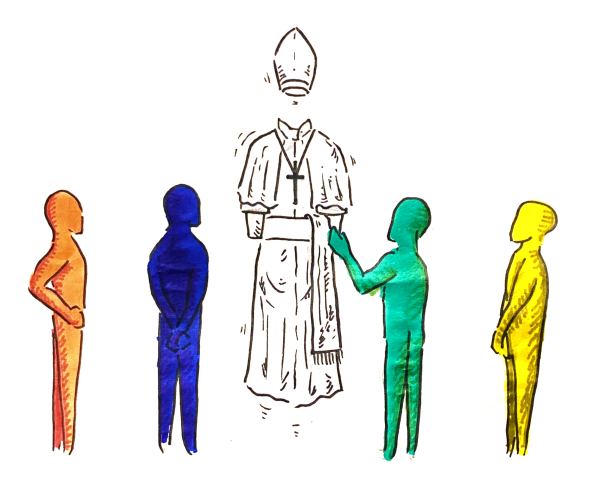Keep Tradition in the Supreme Court
Democratic candidate Pete Buttigieg, mayor of South Bend, Indiana, has a unique vision for the Supreme Court. He plans on challenging decades of tradition by increasing the number of justices by from nine to 15 justices, by nominating five Democrats, five Republicans, and five independents. This is part of the mayor’s plan to strip the judicial body of what he alleges is partisan bias. Other Democrats, namely Kamala Harris, and Elizabeth Warren, haven’t ruled out a possible expansion of the court either.
The political diversity at the forefront of Buttigieg’s plan may be enticing, but caution needs to be taken when entertaining the thought of expanding the Supreme Court. Ideally, one’s political party should not influence their eligibility to be nominated. A sudden expansion of the court under a single president, however, would guarantee this.
This idea of packing the Supreme Court is not new. President Franklin Roosevelt also attempted to add six more justices to the court. FDR’s plan differed in that the justices nominated would be ostensibly liberal judges who would not block his New Deal policies. Herein lies the danger in nominating so many justices at once. A hypothetical situation where the court is expanded would grant the president the power to influence legislation in their party’s favor for years to come. Buttigieg’s plan could instigate a slippery slope by setting precedent by which future Presidents could expand the Supreme Court at any time, rather than the intended system where the court loses, then regains justices over the course of several administrations.
Buttigieg’s political standings aside, this proposal resembles Roosevelt’s attempt to abuse his duty of nominating justices to the Supreme Court. There are no signs that Buttigieg, or the other candidates mentioned, would misuse the power to expand the court, but future presidents very well do so.
The repercussions of a fifteen-justice court created by Buttigieg would persist for decades, being that a Supreme Court justice is a justice for life. Our Founders specific lifetime tenure for justices in order to create a court free of constant recirculation, in hopes that justices would not factor popular opinion into their decisions. The mayor’s plan would inadvertently create a situation where the presidency, a notoriously partisan position, has direct influence on the makeup of the Supreme Court, which should not be tied to the whims of the populace.
The contradictions inherent to this plan is astounding. Part of the Supreme Court’s duty is to judge whether the President’s actions are permissible under the Constitution. The idea that they should be codified by political party defies the very definition of their job – they are meant to be checks on the executive and legislative powers, not allies of them.
Buttigieg’s plan, despite his good intentions, is flawed. A President could misuse it to further the agenda of their party, leaving future administrations helpless to repair the damage. Instead, we should encourage the President not make nominations based on the political leanings of potential justices – only their experience and devotion to judicial precedent.





